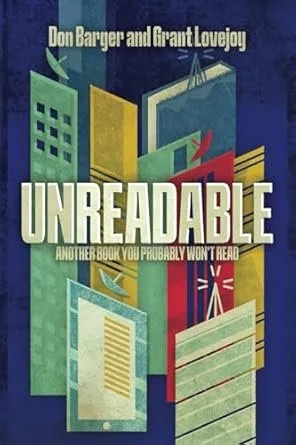The Future of Literacy and Orality
In an era where screens dominate and attention spans wane, the ways people engage with information are undergoing profound transformations. Traditional literacy, once the cornerstone of education and discipleship, is being complemented and, in many contexts, supplanted by oral and visual modes of communication. This shift presents challenges and opportunities for the Church as it seeks to transmit the gospel to emerging generations faithfully.
The Changing Landscape of Communication
Global literacy rates have improved over the decades, yet functional literacy, defined as the ability to deeply comprehend and critically engage with texts, is declining. At the same time, there is a marked rise in visual and auditory learning preferences. Podcasts, videos, and audio Bibles are becoming primary sources of information and spiritual nourishment for many. This trend is especially evident among younger generations who favor story, conversation, and interactivity over traditional reading.
We are seeing signals of this shift in everything from the popularity of dramatized Scripture apps to the surge in podcast-based discipleship content. The preference for listening and watching rather than reading is not just a generational quirk. It is a broader change in how people process truth. These signals form into trends that span cultures and educational backgrounds, pointing to a larger meta-trend: a return to orality. This shift reshapes how truth is communicated, received, and remembered in a digital age.
Donald Barger and Grant Lovejoy highlight this change in their book Unreadable: Another Book You Probably Won’t Read. (You can read it for free on Kindle on May 11, 2025!) They observe that even in highly literate, urban environments, people increasingly prefer oral communication. For ministry leaders, this presents a call to rethink strategies. It is not about dismissing literacy. It is about recognizing the diverse ways people hear, remember, and apply truth in a media-saturated world.
Implications for the Church
The Church stands at a crossroads. Continuing to rely solely on text-based discipleship may limit reach and depth. To meet the moment, ministries are exploring oral strategies for evangelism and formation. Bible translation agencies invest in oral Bible storytelling, dramatized Scripture, and app-based audio engagement, especially in oral-preference cultures and unreached people groups.
We must also recognize other drivers shaping this shift: the rapid advance of AI-generated content, the rise of smart speakers and voice assistants, and the decreasing cost of producing high-quality audio and video. These forces are not just changing communication; they are redefining discipleship environments. The future Church will need to build strategies beyond text, tapping into the power of sound, story, and visual experience.
Digital discipleship platforms are already adapting. They incorporate voice-based learning, animated narratives, and hybrid text-audio formats that align with changing habits. These approaches are not new inventions. They echo the early Church’s reliance on oral tradition, memorization, storytelling, and public reading.
Three Scenarios for 2040
Baseline: What if churches continue relying primarily on text-based methods, slowly losing relevance among digitally native and oral-preference audiences?
Collapse: What happens if the Church fails to adapt and large portions of the next generation disengage from Scripture altogether, unable to connect through traditional literacy-based approaches?
Transformation: What could emerge if the Church embraces oral, visual, and story-driven practices alongside traditional reading, forming communities rooted in deep engagement with the Word?
Embracing a Multimodal Future
The future of discipleship will not be about choosing between orality and literacy. It will be about integrating both. Listening, watching, speaking, remembering, and reading can all be forms of Scripture engagement and spiritual formation when shaped by the Spirit and grounded in biblical truth.
If we value only one mode, we risk losing others. But if we embrace the full spectrum of how people learn and grow, we may discover new pathways for renewal. In this moment of change, the Church has an opportunity to recover something ancient and vital. Not just new methods, but old wisdom passed on through story, song, voice, and life shared in community.
Keep exploring the signals, trends, and drivers shaping the future. Take the next step by engaging your ministry team in a conversation about what this future could mean for your context through Incite Futures Labs from Forbes Strategies. We help leaders anticipate change, navigate complexity, and build their preferred future. Let’s collaborate!

